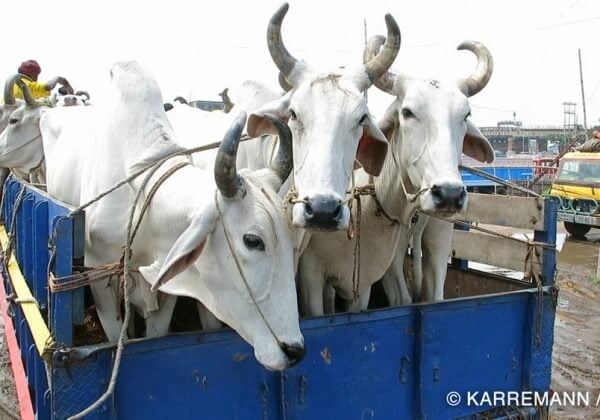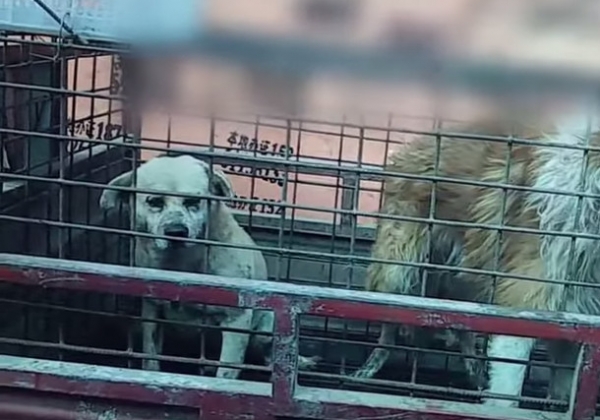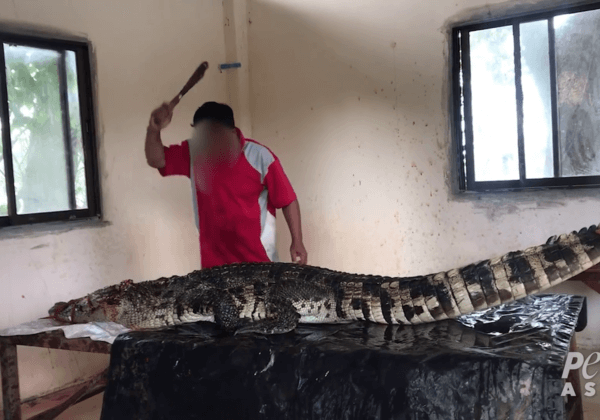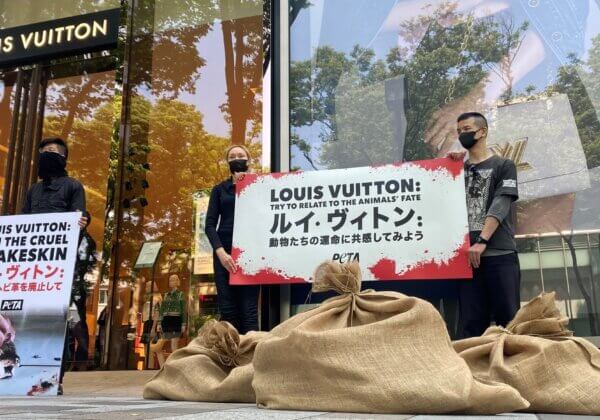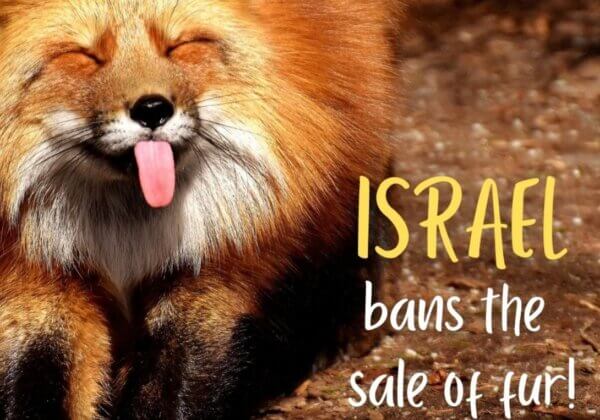Is Pineapple Leather the Future of Fashion?
There’s a laundry list of accessories that have traditionally been made from leather—yes, the cruelly produced kind that was originally an animal’s skin. And as PETA’s dog-leather investigation demonstrates, this product could represent a lifetime of misery for animals who are just like the cherished animal companions who share our homes. But not to worry, friends: The “leather” industry is being redefined with sustainable vegan materials that will replace cow and dog skin permanently.
Piñatex is the first fabric to receive a “PETA-Approved Vegan” logo for supplying compassionate designers and shops with a sustainable, high-performance vegan leather.
A photo posted by Good On You: Ethical Ratings (@goodonyou_app) on
Created by textile company Ananas Anam, Piñatex is made from the fibers of pineapple leaves grown in the Philippines, which are both eco-friendly and biodegradable. These are a byproduct of the fruit’s harvest, so no extra land, water, or pesticides are required to produce the material.
The transformation into usable vegan leather occurs as the leaves are degummed and made into a luxe mesh material that feels similar to felt.
How did this all start?
Creator Carmen Hijosa visited the Philippines in the 1990s to work as consultant in the leather-goods industry but was appalled by the quality of materials and toxic impact on the environment. This prompted her to look for leather alternatives, and her inspiration came from the Barong Tagalog, a traditional Filipino shirt woven with the fibers of pineapple leaves.
Ananas Anam has now developed a new industry that has enhanced the standard of living in rural areas as Filipino farmers are able to sell fibers as a commercial and viable proposition. Furthermore, farming communities benefit from the output of natural fertilizer and biogas, which are byproducts of fiber extraction. The fibers are extracted and processed in the Philippines before being shipped abroad for final processing. Piñatex is the product of seven years of research and is already being used by the fashion brands Po-Zu, nae, and Vegatar.
A photo posted by Piñatex (@pinatex_official) on
A photo posted by INA KOELLN (@inakoelln) on
And in addition to its attractive aesthetics, pineapple leather is super-sustainable and does not involve the use of any additional water, pesticides, or fertilizer beyond what is needed to cultivate pineapples for consumption. Win-win. Hijosa’s pineapple faux leather material will be commercially available in summer 2016.

